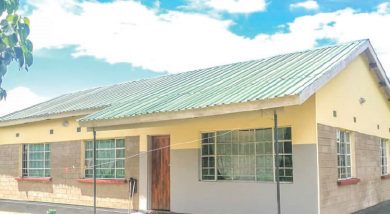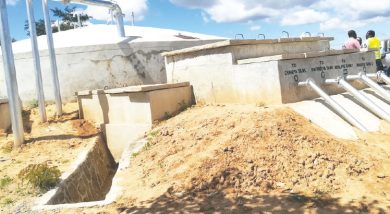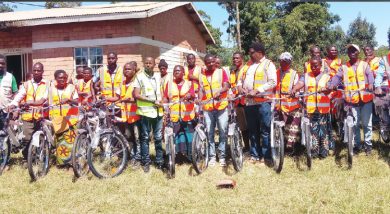‘Millions won’t afford to buy maize’
As food prices rise amid shrinking real incomes, at least 5.4 million Malawians will face severe food insecurity.
Global surge in prices of food and energy plus the recent devaluation of the kwacha is expected to exert pressure on maize prices, according to a Food and Agriculture Organisation (FAO) July 20 country brief.
But in an interview yesterday, Ministry of Agriculture spokesperson Gracian Lungu dismissed the projections, saying Malawi is food secure.
He said the challenge the country faces is that of food distribution as some areas have more maize compared to those hit by weather shocks.

“As such, the ministry is already devising a plan to ensure that maize is found in all areas of need, and let those in need of maize buy within their areas at an affordable price,” said Lungu.
In the July 20 country brief, FAO further said Malawi’s sluggish economic growth will limit recovery in households’ incomes and aggravate food access constraints.
However, it suggests that timely implementation of anticipatory actions can help prevent further impact on livelihoods.
The brief follows Malawi’s Integrated Food Security Phase Classification (IPC) Chronic Food Insecurity Report released on May 20, which showed that approximately 5.4 million people in rural and secondary urban centres face severe chronic food insecurity.
The insecurity is attributed to abject poverty and recurrent shocks, among other drivers.
In separate interviews yesterday, agriculture policy and economic experts said the situation is dire and solutions such as social cash transfers would help to avert the food crisis.
Agricultural policy development analyst Tamani Nkhono-Mvula and Lilongwe University of Agriculture and Natural Resources associate professor of agricultural economics Kennedy Machira suggested that there is need for government entities such as State-grain produce trader Agricultural Development and Marketing Corporation (Admarc) and National Food Reserve Agency (NFRA) need to enter the maize market and crowd out the private sector and middlemen by buying maize to resell later at affordable prices.
Mvula said: “Maize on the market can come through institutions like NFRA when prices are going up. Government should also think about importation so that prices go down.”
Machira said there is also need for people to control their eating habits. He said Malawians can ensure that they keep their produce longer because food prices will continue to rise.
“In the meantime, it is good if people can be given food, rather than inputs because most farmers will not be able to access them on the markets as they will be too expensive. We also need to look at alternative crops like cassava and potatoes that do not require fertiliser,” said Machira.
Ministry of Agriculture first round crop production estimates this year projected a downward production of maize from 4.5 million metric tonnes last year to 3.8 million metric tonnes this year.





